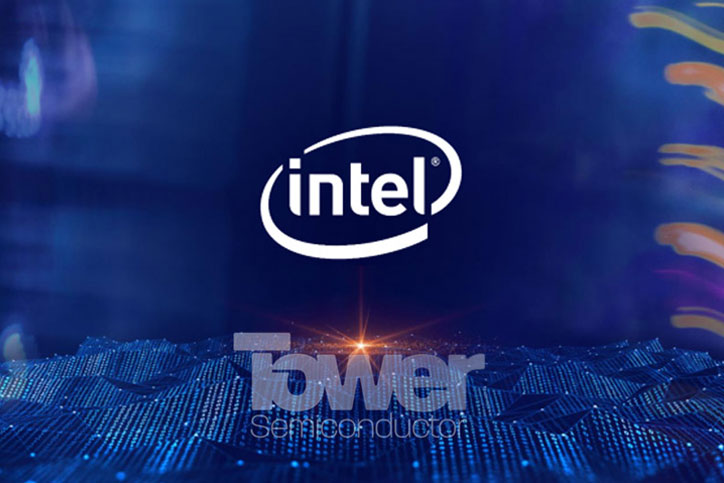TC Microchips React As Intel and Tower Semiconductor Call Off $5.4 Billion Acquisition Amid U.S.-China Tensions
TC Microchips have lamented the apparent deterioration in US-China relations following the announcement that Intel Corporation and Tower Semiconductor have terminated their $5.4 billion acquisition deal after they failed to secure regulatory approval from China. The decision was mutual, with both companies citing the inability to obtain the necessary approvals from Chinese authorities within the required timeframe, as the primary reason for the deal's collapse.
The deal, initially announced in February 2022, was aimed at expanding Intel's manufacturing capacity and enhancing its presence in key markets, including the U.S., Israel, Italy, and Japan. However, regulatory approval from several global authorities, including China's State Administration for Market Regulation (SAMR), was required to finalize the acquisition. Despite efforts, including a personal visit by Intel CEO Patrick Gelsinger to China last month, the deal did not receive approval by the Wednesday deadline.
"It is telling that the steady deterioration in US-China relations is able to scupper a deal that, certainly on the face of it, made a great deal of sense,” opined Luis Fernández, CEO of TC Microchips. "The trade tensions between the two countries that began during the Trump administration show no sign of easing under the Biden one.”
Recent U.S. export restrictions targeting China's semiconductor industry, along with China’s own retaliatory curbs on critical chip-making metals, have complicated cross-border technology deals. China’s SAMR has reportedly slowed approvals for mergers involving U.S. companies, including the Intel-Tower Semiconductor agreement.
In line with the terms of the merger agreement, Intel must pay Tower Semiconductor a termination fee of $353 million. Tower's stock dropped over 9% on the news in U.S. markets, with shares also declining more than 10% in Tel Aviv.
Intel had hoped that the acquisition would augment its foundry services business, a key part of an effort to restore Intel's leadership in chip manufacturing. The deal would have furnished Intel with a significant foothold in specialized semiconductor manufacturing, allowing it to cater to a broader range of industries, including automotive, aerospace, and consumer electronics.
“This is a stark reminder of just how fraught with uncertainty cross-border deals have become. If not handled carefully, these tensions could lead to a shortage of key componentry at a time when the various industries relying on semiconductors can least afford it,” concluded Bloggs.
